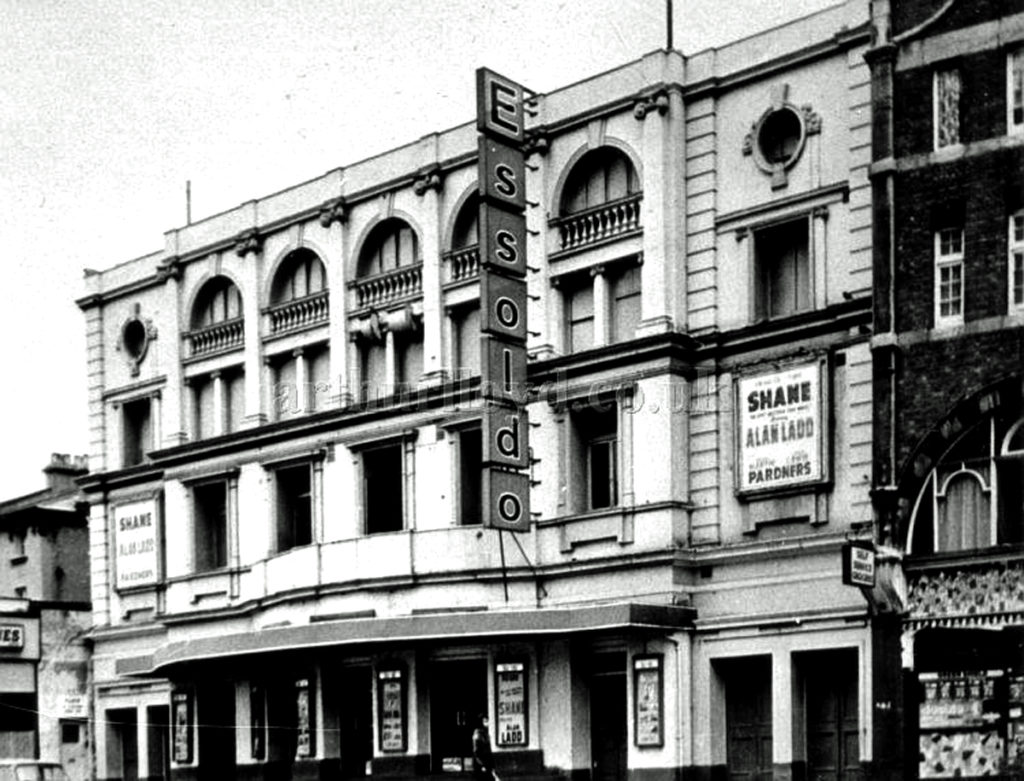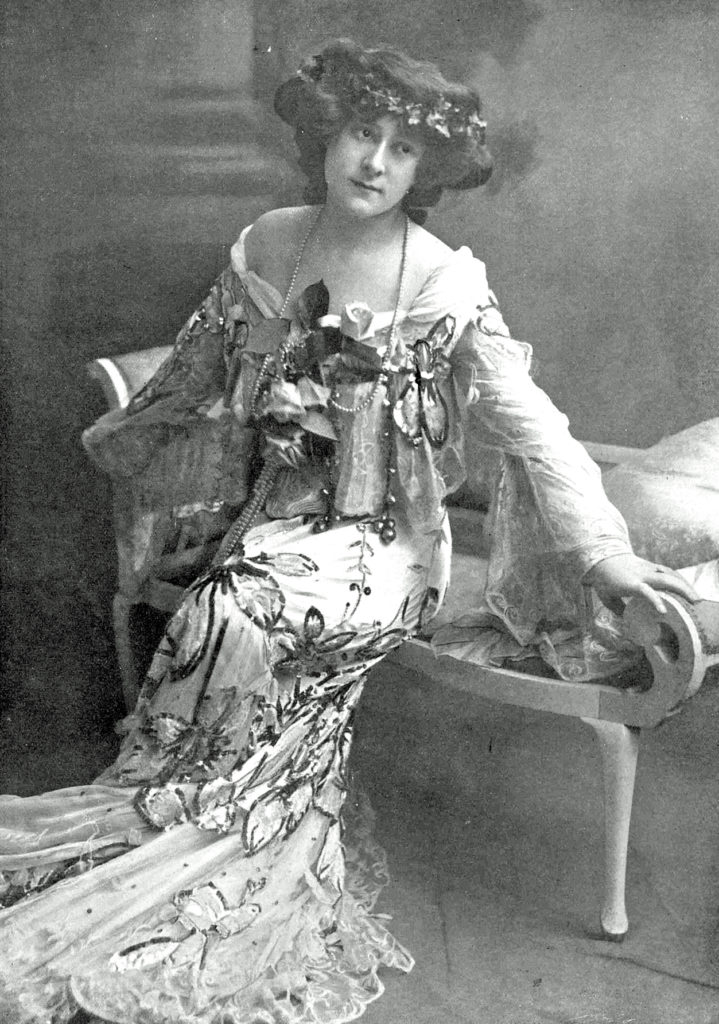Courtesy of Dick Weindling and Marianne Colloms
On Monday 15 May 1911, the play ‘When Kilburn Sleeps’ was put on at the Kilburn Empire. This was on the triangular site at the beginning of Kilburn High Road, where the London Marriott Hotel is today.

It was produced by the wonderfully named Wentworth Croke.
He advertised it as ‘the worst play ever written, presented by absolutely the worst actors in the world’. ‘Wigs stolen from Clarkson’ (the famous theatrical wig maker). ‘Wardrobe from Petticoat Lane’ (the street market). ‘Mechanical effects by accident’.
It was written by Frank Dix (the advert said ‘pinched’), as a skit on melodrama.
One reviewer who saw it, said it was very funny travesty on sanctimonious melodrama performed with an excellent company of players. The actors clearly enjoyed their work as did the reviewer. But the Kilburn audience took it seriously, believing they were watching a real drama being badly played. Some stared vacantly and kept quiet. Others began hissing and booing. As they left the theatre they said, ‘The management ought to be ashamed to engage such a company to play that drama in that way’. ‘I saw it played properly in the West End a few years ago’ (the person was mixing up the Kilburn production with a successful drama called “When London Sleeps”, which was later made into a film in 1932).
As the play clearly failed to convey the intended humour to its audience, Croke took it off after only one day.
His full name was Wentworth Augustus John Croke, and after working for a railway company and the Stock Exchange, he became a successful producer, theatre manager and theatrical company owner. Croke’s wife Grace Chalmers who he married in 1899, was an actress. In the late 1920s he retired to run a hotel at Fowey in Cornwall.

Croke was in the habit of taking aspirins to help him sleep, and on the day he died, had taken 150 tablets. The 1930 inquest verdict was heart failure induced by an overdose, but the coroner ruled there was no evidence Croke had intended to harm himself.
Addition by “Life in Kilburn”: here is a link that presents the history of the Kilburn Empire.
